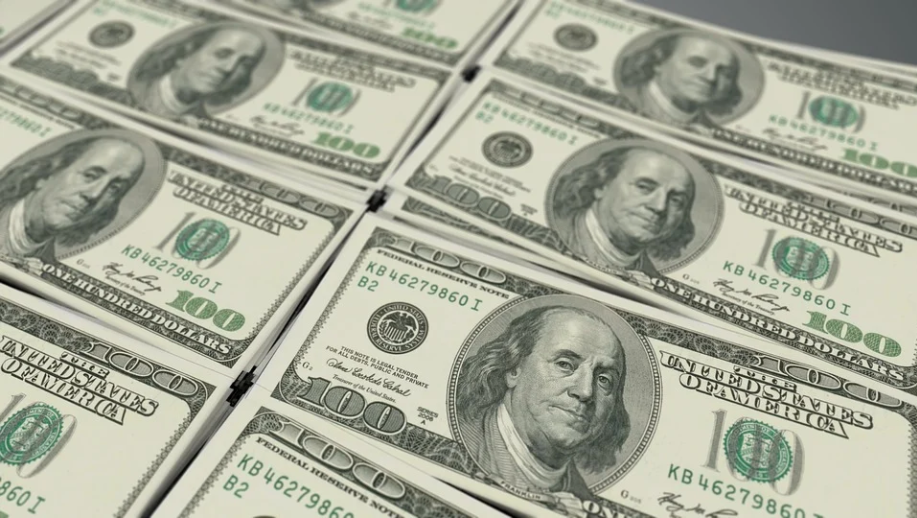Prevailing in a claim for damages against a person, business, or organization is only the first step to collecting what you’re owed. Whether your claim is based on a breach of contract, the failure to pay for products or services, or other grounds, the collection process in West Virginia (WV) requires you to obtain a WV money judgment against the other party before you can enforce your legal right to collect.
Enforcing civil judgments in WV requires following the legal process for asserting a claim, obtaining a money judgment, and then taking steps to secure payment. This is the first blog in a series covering basic information about the commercial collection process in West Virginia.
The Path to a WV Money Judgment
Most civil cases filed in West Virginia are settled before trial. When the parties do not settle the claims, the matter proceeds to trial, and the court or a jury must resolve the civil claim or claims. Whether the matter is decided after a trial, the parties’ final outcome is memorialized in a judgment.
In civil cases where one or both of the parties involved in the matter have insurance coverage for the dispute, settlement—once reached—usually involves the payment of settlement proceeds to one of the parties by the other’s insurance company. In these instances, or when judgment is rendered in a case in which insurance is available to pay the judgment, there is no need to attempt to collect the judgment.
However, where the judgment debtor has no insurance, the prevailing party (judgment creditor) often must take steps to collect (secure payment) on the judgment. To make informed decisions in your case, it is critical to understand early in the dispute the law and procedure for obtaining and collecting a WV money judgment and how interest accrues.
What Is a Money Judgment?
A judgment is a court order that represents the court’s decision in a civil lawsuit. It often is a money judgment, whereby one party is found by a court to owe money to the other party for damages caused by some harm, or breach of a contract.
In civil cases where there is no insurance coverage for the harm at issue, a money judgment, once issued by a court, remains to be collected by the prevailing party by using available post-trial procedures.
Breaking Down the WV Money Judgment
West Virginia money judgments have several components. First, a money judgment earns post-judgment interest on the outstanding balance of the judgment until it is paid in full. In most states and in judgments obtained in federal court, the interest rate is set by statute. Currently, in West Virginia the interest rate on money judgments stands at four percent. The rate is adjusted annually by the West Virginia Supreme Court of Appeals.
The interest earned is simple interest, not compound interest. Calculating interest involves the following steps:
- Multiply the value of the judgment without costs or interest (the principal) by the applicable interest rate;
- Divide the sum by the number of days in the year the judgment was granted, which provides a daily rate; and then
- Multiply the calculated rate by the number of days the judgment, or any portion of it, remains unpaid.
The result of this calculation yields the amount of earned interest.
On a large judgment, even at four percent, interest can add up quickly, making it an effective tool for obtaining prompt payment. However, interest can be waived by the prevailing party, and this is often used as a negotiating tool.
How to Calculate Prejudgment Interest on a WV Money Judgment
In certain instances, prejudgment interest is available on special damages or liquidated damages. Liquidated damages are those that have been or can be reduced to a sum certain. In other instances, a contract, in case of breach and resulting damages, can include prejudgment interest at a particular rate.
In West Virginia, the prejudgment interest rate is enforceable if it falls between four percent and nine percent. As with post-judgment interest, it is simple, not compound interest.
In the case of a contract, prejudgment interest typically runs from the date of the breach or other cause of damages until the date that the judgment is entered by the court. Thereafter, post-judgment interest applies, and the total value of prejudgment interest becomes a fixed amount that is collectable along with the rest of the value of the judgment.
Potential Costs Included in a WV Money Judgment
Judgments may also include reimbursement for certain litigation costs incurred by the prevailing party. Recoverable costs vary from state to state and sometimes from court to court, depending on the particular judge.
One example of a litigation cost that is recoverable is the cost of filing suit. Other recoverable costs may include costs incurred for depositions, expert witness fees, copies, and postage. These costs do not include the winning party’s attorney fees, unless specified in a contract between parties, awarded by the court pursuant to statute, or warranted by outrageous conduct during the litigation by the losing party.
Litigation costs do not accrue interest. They are accounted for separately from the interest-bearing portion of the judgment. If a partial payment is recovered, costs are paid first, with the remaining sum applied to the accrued interest and principal.
How to Collect on a Money Judgment
Enforcing a money judgment has many facets, and the law provides certain collection tools that a judgment creditor may use to collect the judgment. These will be discussed in the second blog in this series.
If you need help navigating a collection matter, you don’t have to find your way alone. Arnold J. Janicker at Jenkins Fenstermaker, PLLC is an experienced WV commercial collections attorney who can help you understand the collection process and secure payment of your WV money judgment. To schedule a consultation, call (304) 523-2100 or complete this online contact form.


